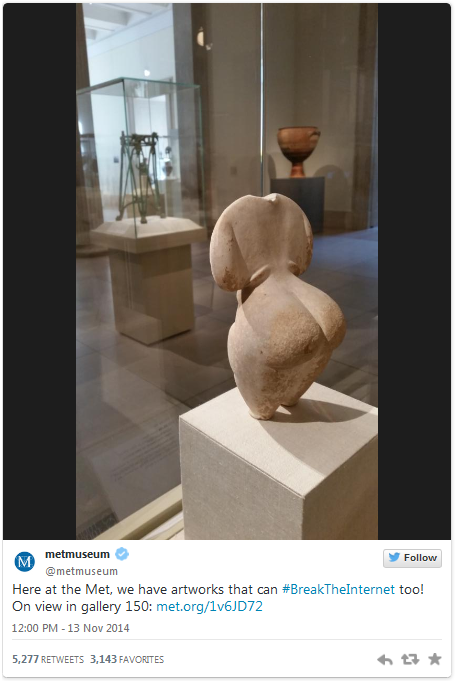Last week, while presenting a Social Media 101 for an organization I am currently doing a placement for through UOIT with another placement student (and a fellow PR classmate), I came to realize that our current generation forget that not everyone is aware of what the heck we are talking about when it comes to Social Media!
The employees we were presenting to were completly thrown off when we used the example of the White House now having a Tumblr account. After some silence, the audience all asked, “What’s Tumblr?!” and mentioning Flickr just completly confused everyone.
It is understandable, because our generation were born into when technology and social media were introduced and being utlized for personal and professional use. That’s not to say older generations do not know how to use Social Media – there are plenty of people, in fact 65% of adults ages 50-64 and 49% of adults over 65 use social media.
Most adults are on Facebook and Twitter, but now with the emergence of hundreds of new social media sites, how much is too much?
I realized by the end of writing this post I am active on Facebook, Twitter, LinkedIn, Tumblr, Flickr, Instagram, MyFitnessPal, and embarassingly quite a few more.
However, it looks like the more I get involved with other social media sites, the less interested I am with Facebook. There are many speculations that Facebook is losing its appeal.
So, on that note, do you think Facebook will lose it’s popularity? Do you think Twitter and Instagram will follow? Do you think there are too many social media sites to keep up with?





